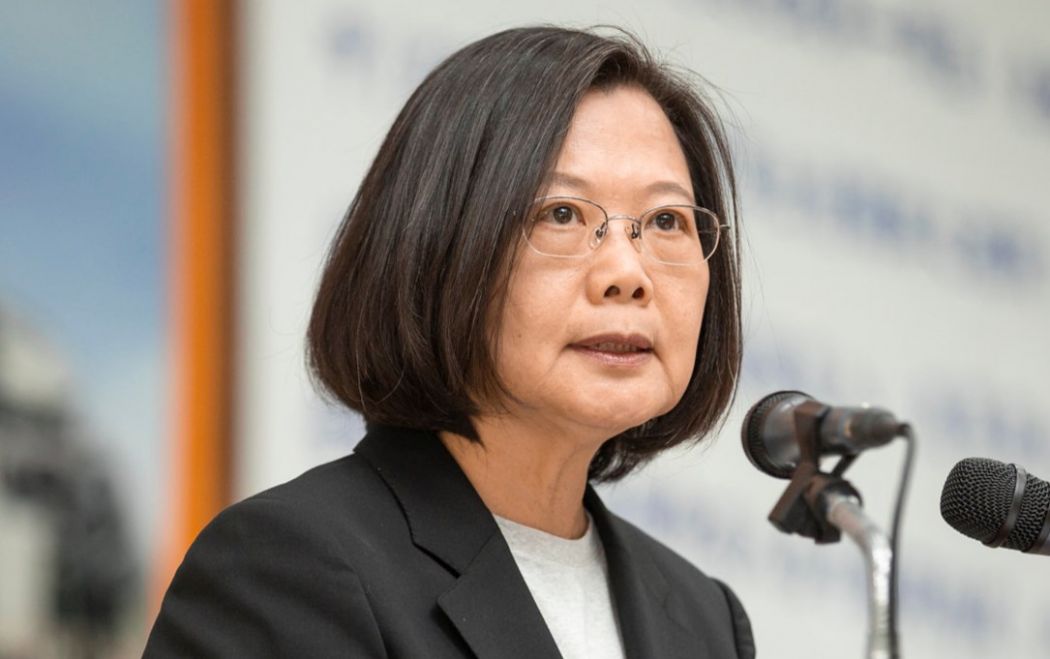
The small island of Taiwan has a complicated place in today’s world. Caught up in the foreign policy machinations of vastly larger powers, the tiny country walks a line between maintaining its current system of democratic government and ensuring its long-term wellbeing. Few are more keenly familiar with the challenges of maintaining balance in the face of its delicate political status than its president, Tsai Ing-wen.
The first woman president of Taiwan, she was born in the capital city Taipei on August 31, 1956, the youngest of eleven children. Her father encouraged her to study law, and she graduated from the National Taiwan University in 1978, obtained a Master of Laws degree at Cornell University Law School in 1980, and a PhD in law from the University of London in 1984. She returned home and taught law in Taipei while working in multiple public service roles for the government of Taiwan.
In 2000, she was appointed as chair of the Mainland Affairs Council, responsible for the planning, development, and implementation of the country’s cross-strait relations policies with mainland China, Hong Kong, and Macau. Elected as a legislator-at-large in 2004, Tsai went on to be appointed vice president of the Executive Yuan in 2006, serving as the second in charge of the government’s executive branch. In 2008 she became the first woman to chair a major Taiwanese political party, winning the election for the Democratic Progressive Party chair position.
Tsai made her first attempt at the office of the presidency in 2012, winning 45% of the vote. She ran again in the 2016 election and won the office with 56% of the vote, making her the first female president of Taiwan, and she was named one of TIME Magazine’s 100 Most Influential People shortly afterward. Her re-election bid in 2020 proved successful and she was elected for a further four-year term.
During her time as President, Tsai has moved forward with social, judicial, and labor reforms geared toward building a more equitable society for Taiwan’s citizens. Pushing hard to improve domestic welfare, she has also worked to improve relations on an international level by increasing cooperation with neighboring countries in the region. While her leadership has received pushback from the mainland Chinese government, she remains firm in her belief that the island nation’s system of democratic rule must be preserved, and its future determined by its 23 million citizens.
